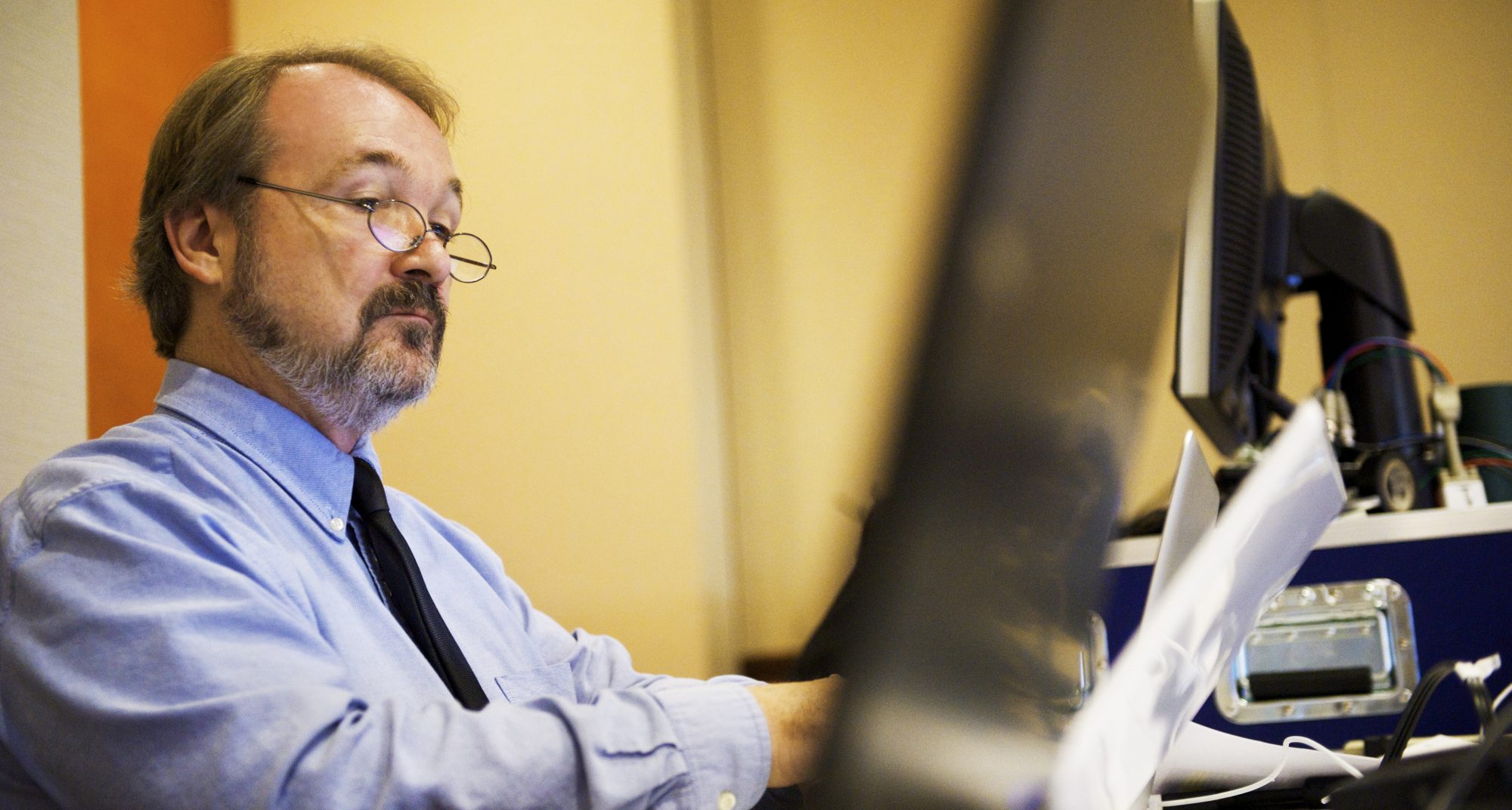
Philosophy is thinking in slow motion. It breaks down, describes and assesses moves we ordinarily make at great speed – to do with our natural motivations and beliefs. It then becomes evident that alternatives are possible.
John Campbell, Philosophy, University of California at Berkeley
One of the great joys of academic life is that we haven’t the faintest idea where we’re going. This allows us to actually examine what’s around us, ask questions about why it exists in the form that it does, ask whether other forms might be possible.
(This sets academic life in direct opposition to university administration, of course, in which the daily facts of money and buildings and regulations and investments constrain our options to near zero. The fact of moving from faculty to administration means leaving behind, forever, the possibilities of unfettered investigation—the unfettered investigation that drew us all in the first place.)
One of the people I’ve worked with in my academic writing coaching has spent many years investigating the issues around marketing toward multi-racial consumers. For instance, if one has both white and Black family, does one identify more fully with advertising featuring white or Black actors or spokespeople? What radio stations do you spend your advertising dollars with?
She’s relied extensively on the work of Kristen Renn, the person whose photo is at the top of today’s message. One of Renn’s key contributions to our thinking is the idea that our identity—the identity we think of as entirely individual—may not exist solely within our own history, or our own DNA. She has developed a body of theory called situational identity or ecological identity, the core of which is that whatever circumstance we find ourselves within offers us some range of identities that we can take up. Specifically, in her own research around multi-racial college students, she says that some students identify strongly with one race or another; some identify specifically as multi-racial; some reject the idea of race and refuse what they believe to be artificial categorization; but some identify differently depending on the situation they find themselves in at the moment. They might be the Blackest person among their white friends, and the whitest person among their Black friends. They might choose to take up different aspects of multiple cultures, and those choices might change over time, or in relationship to different institutions. Just the form we receive that asks us to check a box does two things: it restricts our identities to those named, and then requires that we select only one of the options. It is a situation that enables a particular kind of response.
The idea of ecological identity is way more complex than I can lay out here. (I’ve used it extensively in my own fiction writing, a development that Renn likely never would have predicted.) My point today is that we can only develop productively unsettling ideas when we have the time to do that. Our drive toward speed and efficiency (and distraction and constant engagement) makes it much less likely that we will spend the time required to ask fundamental questions about why and what else. To spend the time to explore the contradictions that inevitably arise in any system of beliefs, and to not paint over them but to take them apart and discover why they exist, what they imply.
The great blessing of being (semi, sort of) retired is that I don’t have to go to any more meetings. I don’t have to write reports that respond to someone else’s outline, for someone else’s purposes, reports in which the outcomes are foreordained and all we do is fill in the local color. Writers get to ask annoying, nonproductive questions, and then write our way out of them. We get to think in slow motion.
I can’t imagine anything more fun.

